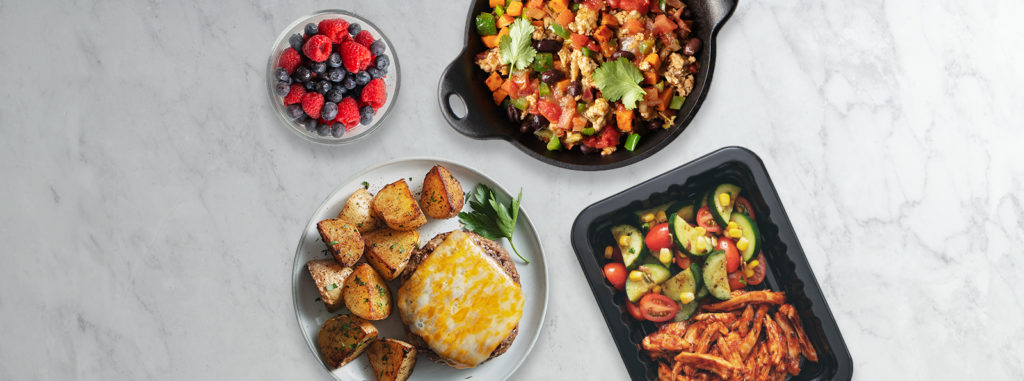ARTICLE AT A GLANCE
Dr. Aloiya Earl, MD
The way we eat is so individualized. Our nutritional habits are formed from our childhood experiences with food, our resources, food availability where we live, emotions related to dietary patterns, taste preferences, health conditions, and more.
We eat the way we do for a myriad of underlying reasons, and many of these factors weren’t necessarily in our control when our behavior development around food started. Some human eating behaviors even come from our remote ancestors and instinctual survival needs!
With habits being so deeply rooted, they can be tough to break; but there are some tried-and-true strategies you can implement to make breaking unhealthy habits more manageable.
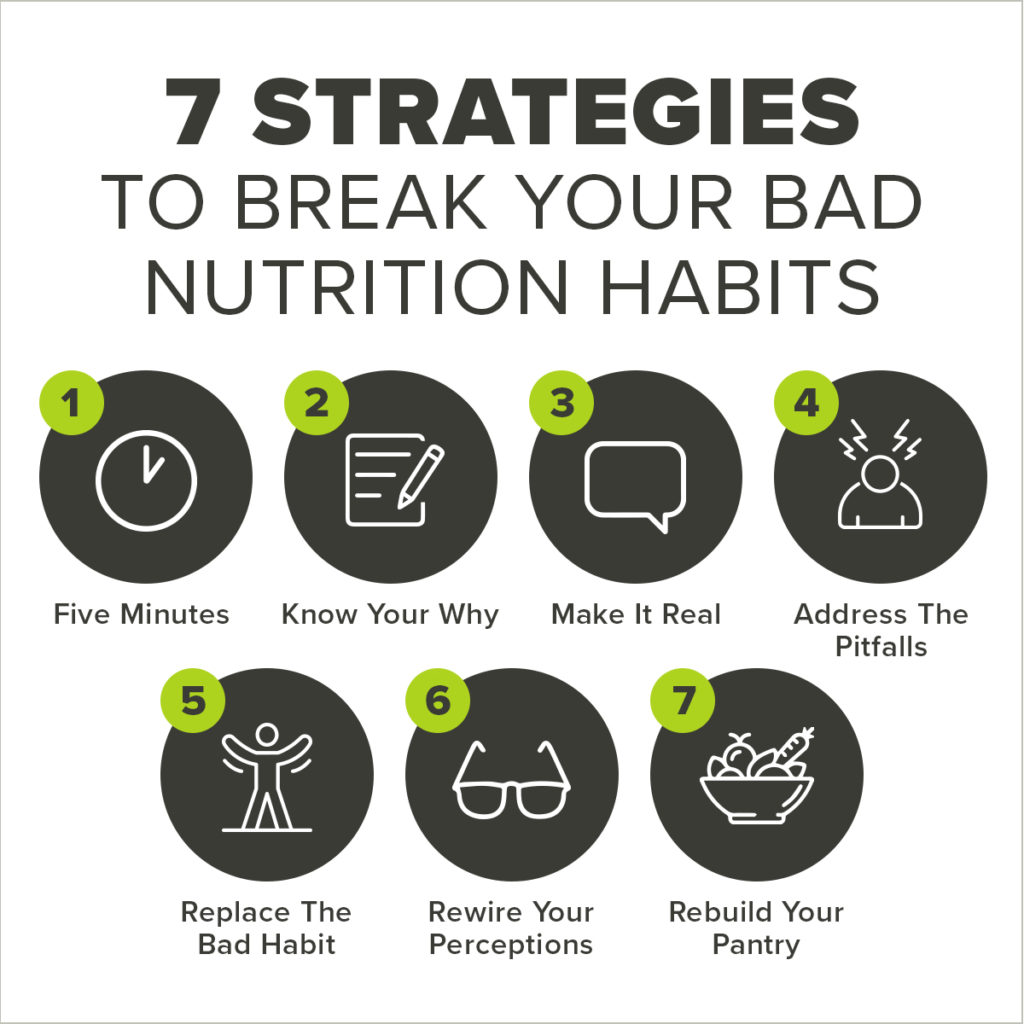
Strategy #1: Five minutes.
It’s interesting – we eat the same types of foods, day after day, week after week, year after year. We have the same eating patterns, meal timing, and go-to dinner ideas. But it’s rare that we ever sit down and think about our habits.
Why do you like certain foods? Are they convenient? Did you grow up eating them? Are they tied to an emotion (i.e. – comfort food)?
In order to break bad habits, it’s important to know your habits in general. It only takes a few quiet minutes of dedicated focus and thought, but it’s a few minutes we rarely invest.
Once you understand your habits, consider one that isn’t serving you. Pick one bad habit to work on. It might be emotional eating, a late-night junk food fix, or mindless snacking during dinner prep. Simply making the conscious effort to realize a bad habit and choosing to try to change it is a big step in the right direction.
Strategy #2: Know your ‘why.’
When it comes to making any change, it’s vital to understand the specific reason why you’re making this decision. Are you wanting to change a bad nutritional habit in order to lose weight? If so, why do you want to lose weight? Is it to feel more comfortable in your body and clothes? Is it to decrease your blood pressure or come off of your diabetes medication? Is it to set a healthy example for your children?
Connecting with your underlying motivation, and frequently reminding yourself of it, is essential.
Strategy #3: Make it real.
Have you ever gone through something tough in life, but it didn’t feel ‘real’ until you told someone close to you about it? Have you ever worked through a challenging time by journaling? There’s something tangible about spoken or written word that makes it stick.

When it comes to breaking a bad habit, create accountability for yourself by talking about your goal with someone close to you. If you’re uncomfortable sharing your goal, write it down for yourself. Your goal should feel palpably intentional.
Strategy #4: Honestly address the pitfalls.
Similar to understanding the reasons behind your habits, it’s important to know your triggers.
Where does your diet de-rail? Do you tend to reward yourself with food? Do you soothe with food? Do you stress eat? Do you binge eat after a night out drinking? Do you make excuses for unhealthy eating because of social events centered around food?
When you know your triggers, it becomes easier to identify them before acting on them. If you can anticipate a trigger, you can plan for it and avoid being trapped by it.
For example, if you know you’ll allow yourself to binge on ice cream after surviving a hard day at work, stop yourself and intellectualize: Is the ice cream going to change what happened at work? Will it prepare you better for the next day? Did you burn 1,200 calories worth of ice cream through the mental stress at work? No, no, and no.
Chances are, this bad habit will only make you feel guilty (and bloated the next day). If you catch yourself encountering a trigger, plan a replacement habit instead, detailed below.
Strategy #5: Replace the bad habit.
Getting rid of a bad habit is difficult if it leaves a void. Replacing bad habits with healthier ones is key for successful, sustainable change. When you understand your unhealthy nutrition habit, and you know your trigger for when you’re most likely to indulge, plan an alternative activity.
For example, plan to meet a friend for a walk or exercise class after a stressful day. Plan to try a healthy new meal idea with your significant other on a day when you know you’re craving junk food. Plan to take an evening walk on your own and listen to a great podcast.
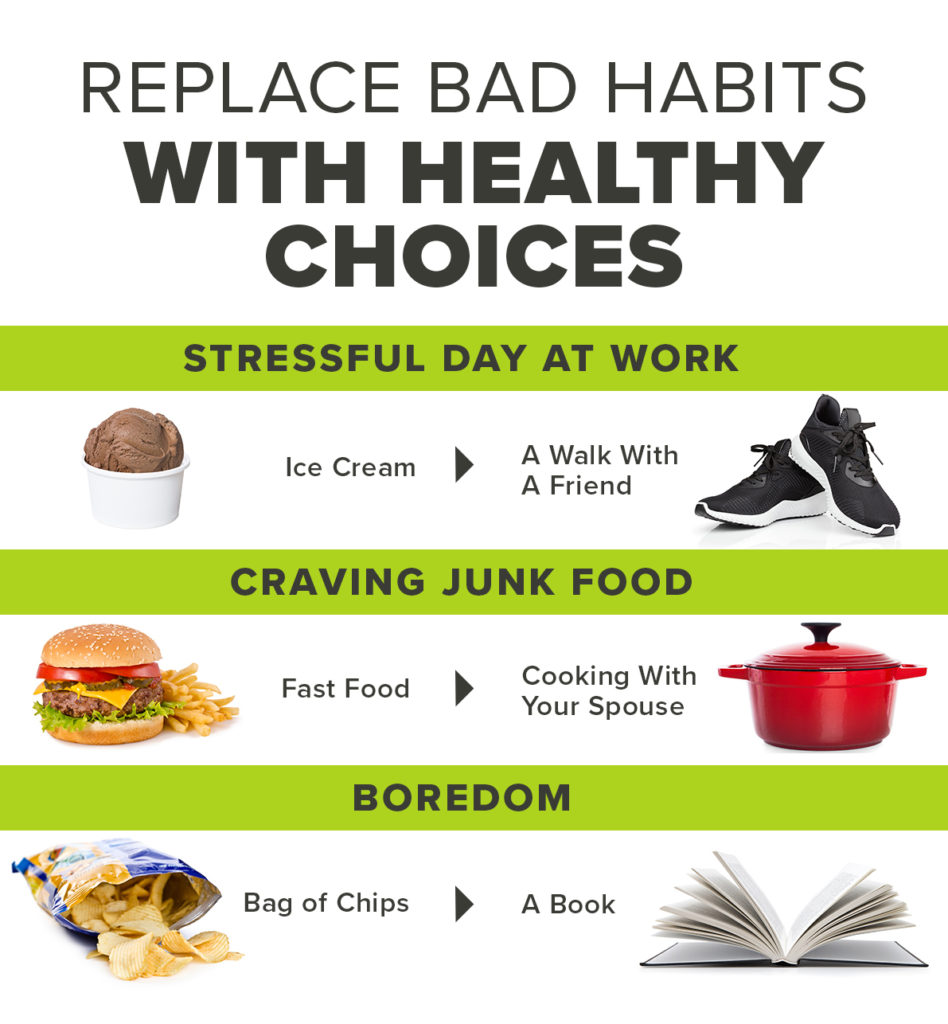
Whatever the alternative activity is, make it enjoyable. You should be rewarding yourself for interrupting your bad habit pattern. You have the authority to control your habits; not the other way around. That realization on its own is empowering.
Strategy #6: Re-wire your perceptions about food.
This is a simple step, but it takes consistent practice. Instead of thinking about food as a reward or a stress reliever or an outlet, think of food as fuel.
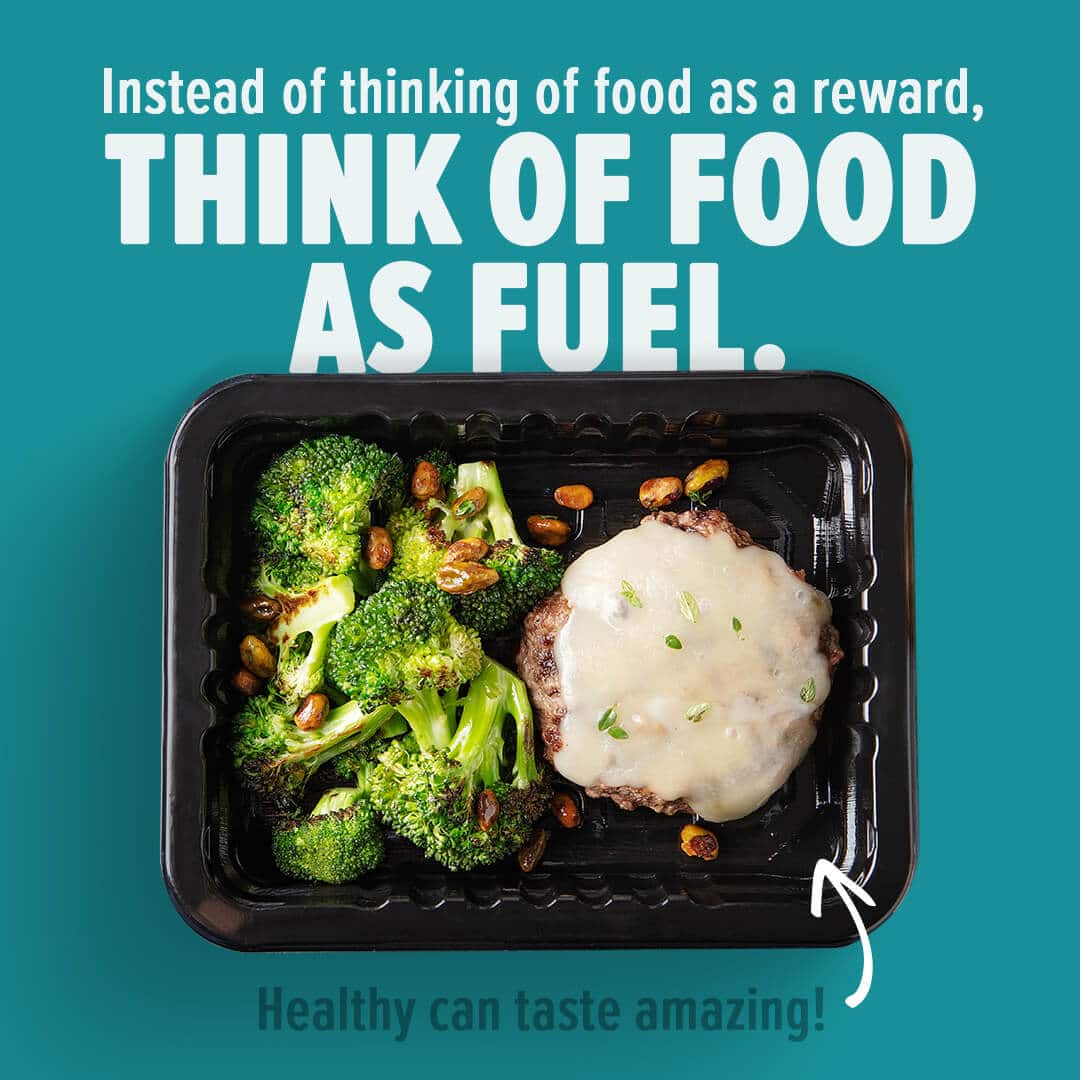
Our body is only as good as the fuel we feed it. When you look at your meal choices, do you see a carb, a protein, and a healthy fat source? Do you see colorful, nutrient-dense, whole foods? Or is your choice a treat that tastes good in the moment but doesn’t really fill you up with much more than guilt?
Let your food work for you. When you feel the results of fueling your body with high-quality food, these choices will be even easier to maintain.
Strategy #7: Re-build your pantry.
Make a habit change realistic by setting up your environment for success.
Clean your pantry and refrigerator of foods that powered the unhealthy habit, and make a new grocery list of quick, healthy snacks that you can keep readily available.
Pre-portion snacks for quick grab-and-go scenarios, a notorious trap for otherwise reaching for sugary carbs or salty chips. You’re putting in the effort to change a habit you may have had for years or even decades; by making this decision alone, you’ve already overcome the biggest mental obstacle, so the journey ahead should be clear of others which are avoidable.
Support yourself and your decision by removing temptation to make healthier choices feel simple.
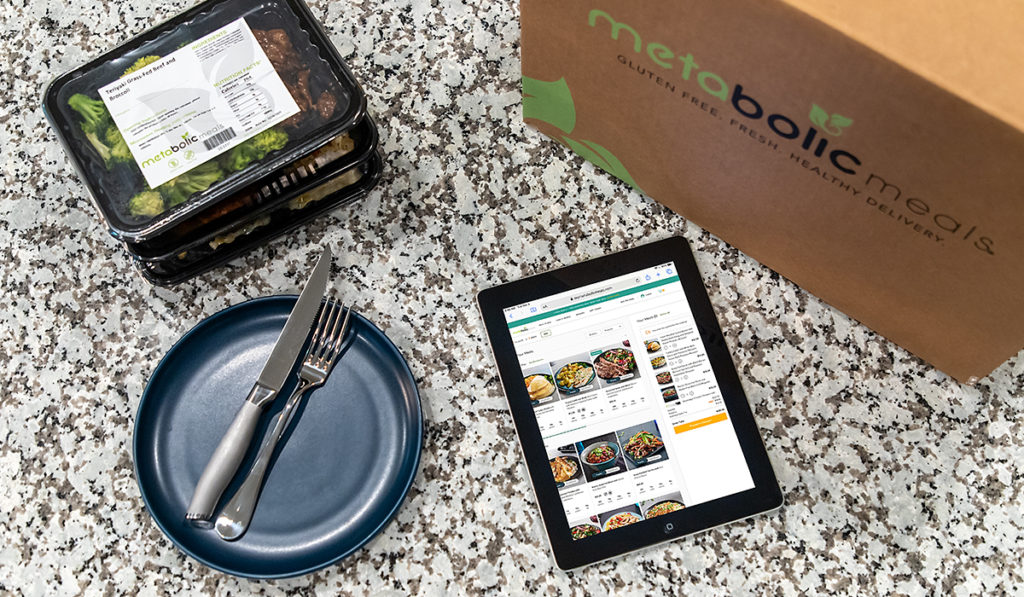
Using a premade meal delivery service will ensure you always have convenient, healthy meals available, and remove any meal prep obstacles that can get in the way of building healthier habits.
As you work through strategies to break an unhealthy nutritional habit, you might have some trial-and-error. It can take time to make lasting change. Find the strategies that suit you best, and remind yourself often that the effort itself is worth being proud of. Every small step forward is a step in the right direction from where you were yesterday.
If you get off track, jump right back on. Enjoy the process, and the outcomes will follow.
Dr. Aloiya Earl is a Sports Medicine Physician. She received her Bachelors of Science in Exercise Science from the University of South Carolina, her M.D. from The University of Toledo College of Medicine, and she completed her residency training at The Ohio State University. After residency, she completed a fellowship in sports medicine at the University of Alabama. She is a member of the American Medical Society for Sports Medicine.






